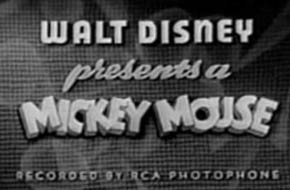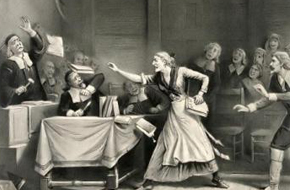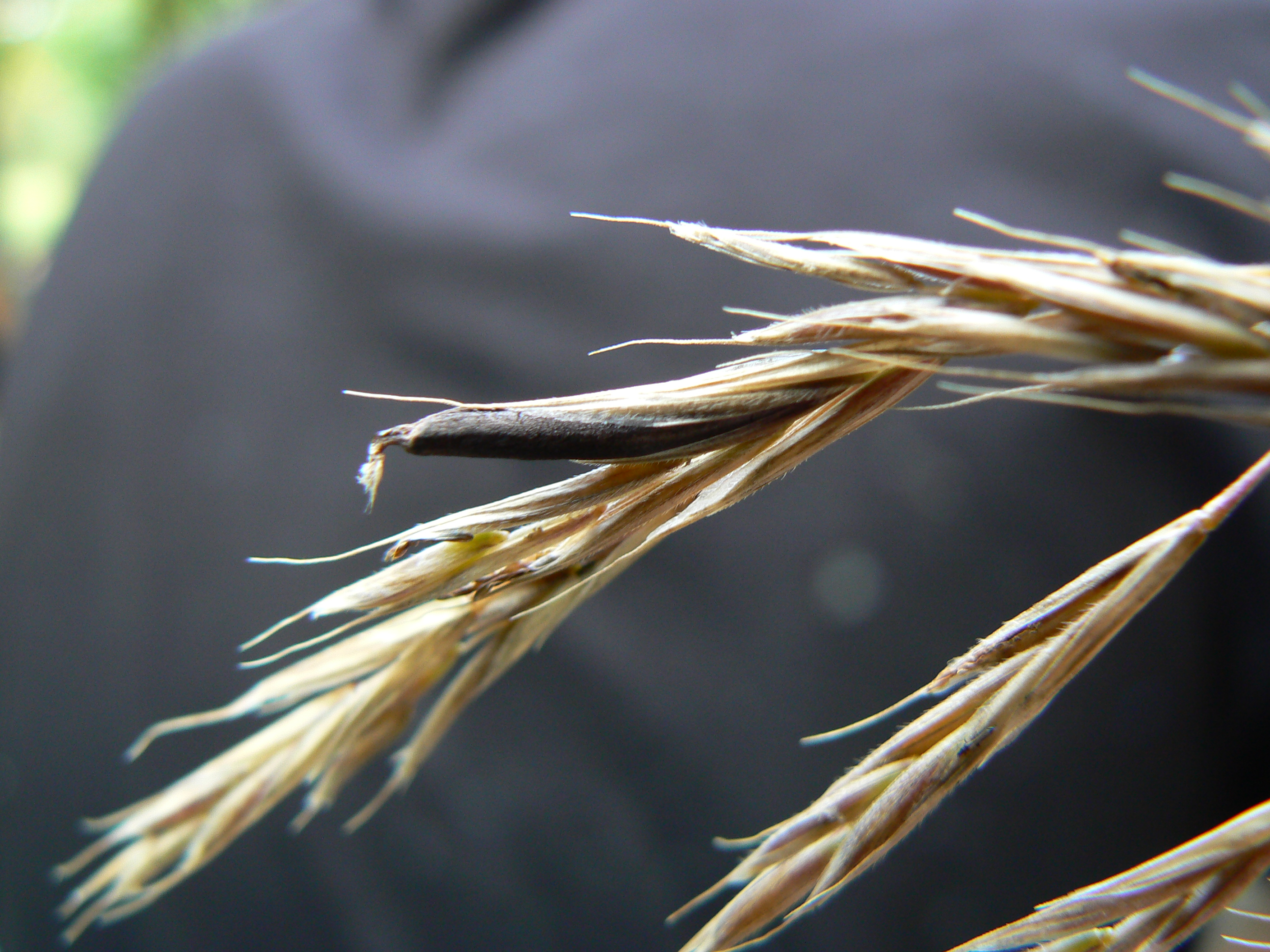Margo Burns
 Margo Burns is the 10th-generation great-granddaughter of Rebecca Nurse, who was hanged in Salem in 1692 on the charge of witchcraft. She is the project manager and an associate editor of Records of the Salem Witch-Hunt, published in 2009 by Cambridge University Press. This work is the definitive collection of transcriptions of the legal records of the episode. Burns is also a lifelong fan of cartoons, cutting her teeth on Popeye and Yogi Bear on Saturday mornings as a child, then formally studying animation for two years in the Rhode Island School of Design's continuing education program as an adult. She has been leading computer animation projects with middle and high school students since 2001 at UNH's Tech Camp in Durham, where each crew makes a complete film in a week. Burns recently retired from St. Paul's School as the director of The Language Center, where she was also the adviser to a student club, the International Lunchtime Animation Festival (iLAF), which tapped her personal library of animation of over 750 titles.
Margo Burns is the 10th-generation great-granddaughter of Rebecca Nurse, who was hanged in Salem in 1692 on the charge of witchcraft. She is the project manager and an associate editor of Records of the Salem Witch-Hunt, published in 2009 by Cambridge University Press. This work is the definitive collection of transcriptions of the legal records of the episode. Burns is also a lifelong fan of cartoons, cutting her teeth on Popeye and Yogi Bear on Saturday mornings as a child, then formally studying animation for two years in the Rhode Island School of Design's continuing education program as an adult. She has been leading computer animation projects with middle and high school students since 2001 at UNH's Tech Camp in Durham, where each crew makes a complete film in a week. Burns recently retired from St. Paul's School as the director of The Language Center, where she was also the adviser to a student club, the International Lunchtime Animation Festival (iLAF), which tapped her personal library of animation of over 750 titles.
Contact
Margo Burns
Manchester, NH 03109
margoburns@gmail.com
Home Phone: 603-860-4942
Available Program Formats: In person presentations only
Margo Burns's Programs

From Mickey to Magoo: The Golden Age of American Animation
From the 1920s to the 1960s, adult American theatergoers could anticipate a cartoon before each feature film. From Mickey Mouse to Donald Duck, Popeye, Betty Boop, Bugs Bunny, Daffy Duck, Tom and Jerry, Mighty Mouse, Casper the Friendly Ghost, and Mr. Magoo, the beloved cartoon "stars" were every bit as memorable as the Hollywood actors who shared the marquee. Many of these cartoons were redistributed as Saturday morning shows for kids of the next generation.
Margo Burns offers an introduction to the people and studios that made these films and the changing technology, aesthetics, music, politics, and economics behind them, showing stills, characters, and clips from many of these beautifully hand-drawn films. At the end of her program, participants are treated to one of the classics in its entirety.

Saturday Morning Cartoons: Bugs Bunny, Bullwinkle, and Big Business in the 1960s
Many kids in the second half of the 20th century shared a common Saturday morning ritual: watching Yogi Bear, Bugs Bunny, and Rocky & Bullwinkle while eating a bowl of Captain Crunch. This practice, however, was a relatively recent development, brought about by the advent of television. Before the 1960s, cartoons were shown in theaters before feature films for adults. As more American families acquired TVs, animation studios retooled their storehouses to respond to the demand for new shows and Madison Avenue advertising executives shifted their focus to a lucrative new demographic: children. Soon after-school and Saturday-morning time slots were flooded with cartoons – and advertisements for sugary cereals and plastic toys. In this program, we will watch some clips from classic cartoons that will be sure to spark some nostalgia while taking a peek behind the TV screen, to learn how the classic Saturday morning was created.

The Capital Crime of Witchcraft: What the Primary Sources Tell Us
On first impression, the witchcraft trials of the Colonial era may seem to have been nothing but a free-for-all, fraught with hysterics. Margo Burns explores an array of prosecutions in seventeenth century New England, using facsimiles of primary source manuscripts, from first formal complaints to arrest warrants, indictments of formal charges to death warrants, and the reversals of attainder and rescinding of excommunications years after the fact; demonstrating how methodically and logically the Salem Court worked. This program focuses on the Salem witchcraft trials of 1692 and 1693, when nineteen people were hanged and one crushed to death, but also examines a variety of other cases against women in New Hampshire, Massachusetts, and Connecticut.

The Salem Witchcraft Trials and ‘Moldy Bread’: A Case Study in Fake News
On April 2, 1976, Science Magazine published an article by Linnda R. Caporeal which posited that during the 1692 Salem witchcraft trials, the visions of specters and painful physical sensations described by the girls who claimed to be afflicted by witches could have been caused from eating bread made with flour tainted by ergot, a naturally occurring fungal hallucinogen that grows on rye grain under certain growing conditions. While experts immediately debunked this claim – the historical and medical data used to support the hypothesis was cherry-picked – the claim went viral in a pre-Internet age. More than four decades later, belief in this is still pervasive. This program will unpack how this explanation about a lurid chapter in American history was born and cemented in the public imagination. It is a case study in how mass media induces people to buy into “fake news."